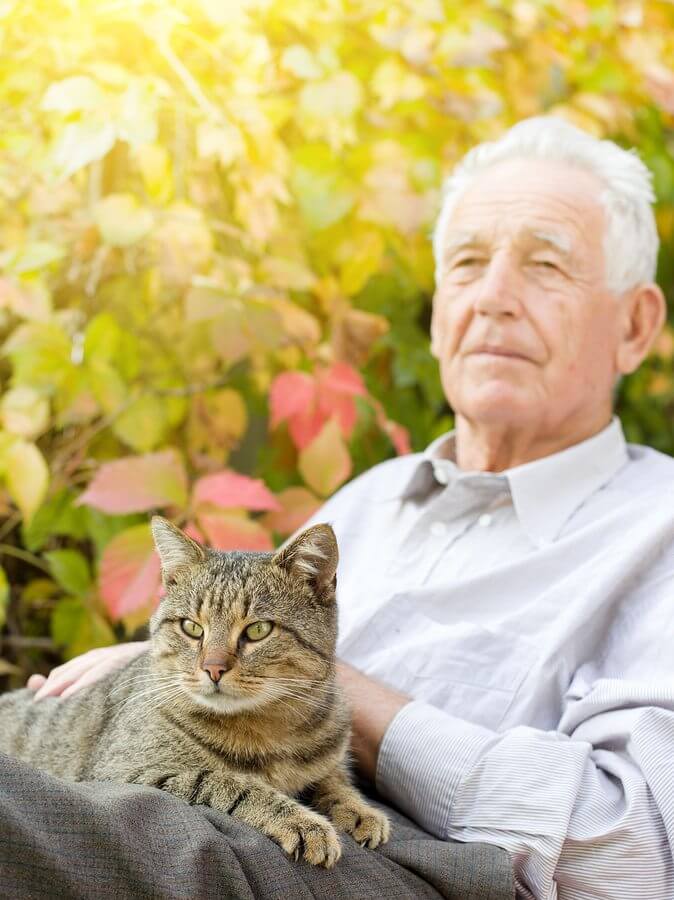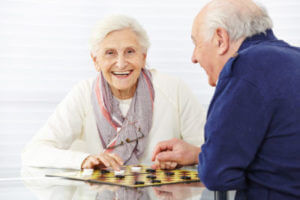Aging Veteran Care
October is Adopt a Dog Month and for veterans who may require some type of care at home, especially aging veterans, there can be a number of benefits to owning a pet. Keep in mind that for any elderly veteran considering adopting a dog, they should avoid the larger and stronger breeds, such as pit bulls, German shepherds, or even black labs.
If they focus on the smaller breeds, dogs that are weighing less than 20 pounds, they could end up with some wonderful reasons to consider actually getting one of these animals.
For family members and friends, they may try to discourage this because they see it as a risk. In truth, there are many wonderful reasons why dogs can be beneficial for elderly individuals, whether they are veterans or not. Here are three of those reasons.
Reason #1: Companionship.
Anybody who has ever had a dog knows how friendly, loving, and affectionate these animals are. If the elderly veteran is living alone, he may be at an increased risk of depression and experiencing feelings of loneliness on a consistent basis. That can complicate many situations in their life, especially their desire to take part in various activities.
Having a small dog can offer that veterans companionship, but it’s important that they understand safety issues and potential risk factors, including tripping hazards if the dog has a tendency to become hyper and run around the senior’s feet.
Reason #2: Lower blood pressure.
Studies have indicated that the simple act of petting a cat or dog can help to lower blood pressure and anxiety for aging individuals (National Center for Biotechnology Information). Just doing this once or twice a day can help improve health for the elderly veteran.
Reason #3: Exercise.
Every dog requires exercise, just as every person does. Even seniors who may be dealing with a number of health issues, their doctor would likely recommend at least some level of exercise. Taking a small dog for a walk can be a great way for both of them to get exercise. Keep in mind that a small dog will need to run or walk faster and farther (more footsteps) and that means the senior veteran isn’t going to have to do any jogging or putting himself at risk just to ensure the dog is fit, especially if he has difficulty ambulating without the assistance of a cane or walker.
In any case, if the veteran requires home care assistance, they need to consult the home care aide before adopting a dog to make sure they are not allergic and are okay with this prospect.
For more information and to learn about aging veteran care, contact Veteran’s Home Care at (888) 314-6075.
















